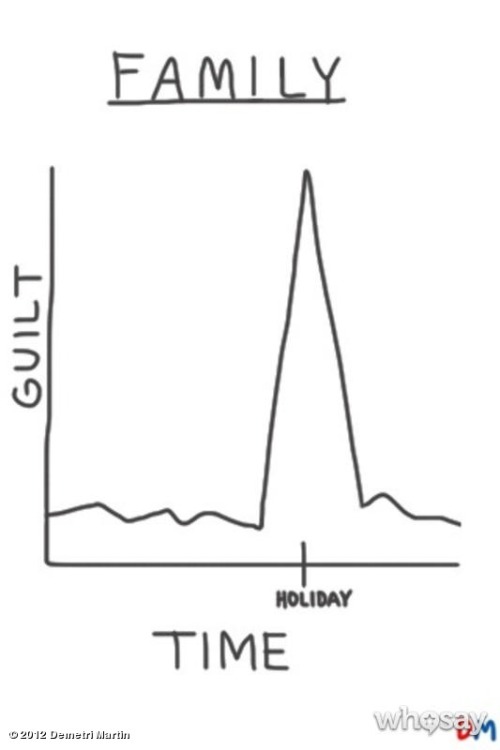I will never understand how people can get so riled about politics - excited, knowledgeable, involved, even partisan and opinionated: these can be positive qualities, but angry and irrational, not so. I'm not talking about those who, say, oppose an unjust war or protest for lower taxes. Those activities fall under the exercise of first amendment rights which keep our democracy vital. I'm talking about those who scream (usually online) about Obama being a foreign-born Muslim socialist and such.
So it was refreshing to read Reckless, Bob Deans's level-headed partisan pamphlet. He writes to criticize Republican congressional actions that erode environmental law, but he does so respectfully and thoughtfully. The basis of his case, in fact, is the long history of Republican defense of the environment.
"'What is a conservative, after all, but one who conserves,' .... 'And we want to protect and conserve the land on which we live - our countryside, our rivers and mountains, our plains and meadows and forests. This is our patrimony. This is what we leave to our children. And our great moral responsibility is to leave it to them either as we found it or better than we found it.'"
What daisy-sniffing, meadow-tripping tree hugger said that? None other than conservative hero President Ronald Reagan. But the granddaddy of conservative conservationists, of course, is Teddy Roosevelt, who spoke emphatically of our moral mandate to environmental protection: "'Conservation is a great moral issue, for it involves the patriotic duty of insuring the safety and continuance of the nation.'"
Nowadays, though, Republicans want to declaw and dismantle the EPA, even though, Deans reminds us, "It was Republican President Richard Nixon, after all, who created the Environmental Protection Agency."
Why have Republicans shifted? Deans quotes the explanation of a Syracuse professor: "'Scientifically, there is no controversy. Politically, there is a controversy because there are political interest groups making it a controversy. ... It's not about science. It's about politics.'"
Deans points to the business interests behind the politics, such as mining companies who will profit from the removal of environmental safeguards, but he particularly bemoans the big lie that protective laws are "job killers." Deans asserts that "There simply isn't any evidence to support the GOP illusion of some vast regulatory regime running roughshod over personal industry and individual rights. In fact, our country depends on a sound regulatory environment, as every modern economic power does, to function in a stable and predictable way. Environmental regulations create jobs and provide additional economic benefits worth hundreds of billions of dollars each year, many times their annual compliance cost, while promoting American economic growth and competitiveness." Deans quotes all the facts and figures to support this assertion, pointing to economic growth resulting from regulation, and statistics proving that industry regulations do not adversely effect job creation.
But "That hasn't kept some companies from claiming that regulations are forcing them to fail," Deans continues, explaining, however, how "It's very seldom true." Again, Republicans historically have favored government regulation of business for environmental protection: Nixon in 1970 set the policy: "'We can no longer afford to consider air and water common property, free to be abused by anyone without regard to the consequences. ... This requires new regulations.'"
And the American public is not behind Republican efforts to weaken these regulations. While Congress has a ten percent approval rate, "71 percent of Americans believe the EPA should enforce restrictions on greenhouse gas emissions and other pollution."
Finally, Deans gets to the essential question: "How did the House Republicans move so quickly from their own party's environmental legacy and so far from the traditions of modern conservatism? The answer, according to political analysts, scholars, and Republicans themselves, is that much of the party has been captured by a virulent combination of tea party anger, corporate cash, and the fears of the ultra right wing, at a time when the GOP's two-step program for change - reduced public investment and less public oversight of corporate polluters - would do the struggling economy more harm than good."
Deans cites the difference in environmental attitudes amongst Republican factions as evidence of this analysis: for example, 68 percent of tea party Republicans favor cuts in environmental protections, while only 31 percent of "Main Street" Republicans do. Similarly, corporate influence has shifted Republican policy: "Over just the past five years the [oil and gas] industry has spent $686.6 million pressing its priorities in Washington alone, deploying an army of nearly 800 lobbyists ...."
So what is to be done? First, we need to dispel the false dichotomy between a vigorous economy and a thriving environment. As President Obama said, "'I do not buy the notion that we have to make a choice between having clean air and clean water, and growing the economy in a robust way.'" Deans also criticizes the 2010
Citizens United Supreme Court decision that expanded corporate influence in Washington, encouraging campaign finance reform to roll back those gains for lobbyists. In the end, the government and its power rests in the hands of its people - in our hands - and we must put those hands to work to protect our environment.




